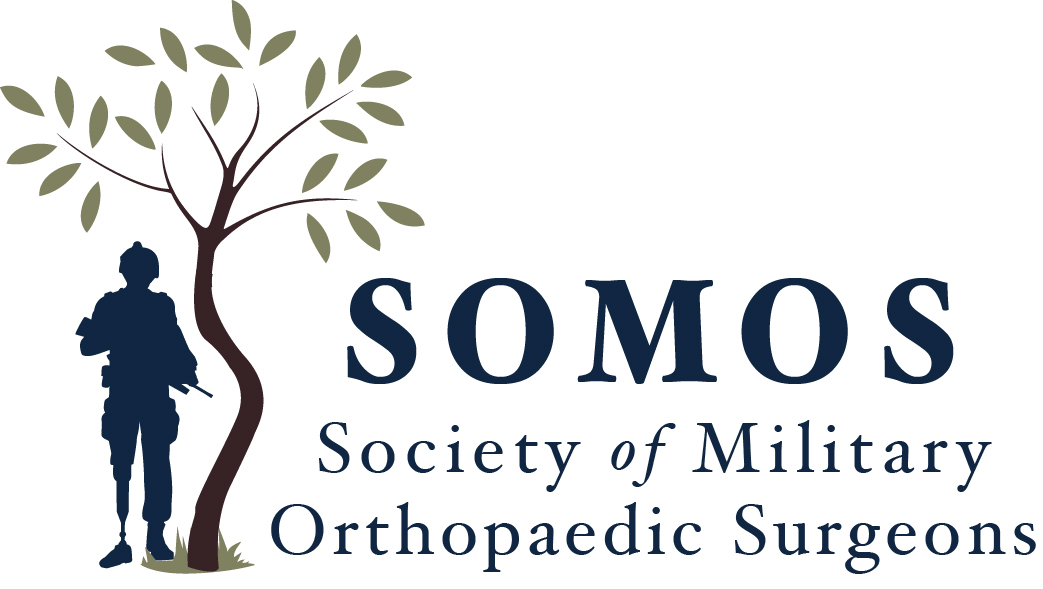- Home
- About
- Education
- Research
- Exhibiting
- Awards & Funds
- Residency Programs
- Brooke Army Medical Center/ San Antonio Military Medical Center
- Dwight D. Eisenhower Army Medical Center
- Madigan Army Medical Center
- Naval Medical Center Portsmouth
- Naval Medical Center San Diego
- Tripler Army Medical Center
- Walter Reed National Military Medical Center
- William Beaumont Army Medical Center
- Womack Army Medical Center
- MOTION
- Career Center
ResearchResearch Opportunity Seeing that we have a dedicated research year there are often many ongoing projects that you can get involved in early. We also have a biomechanics lab in house as well as many collaboration with our outside rotations. Research Requirements Per ACGME guidelines, we require one publication or presentation to graduate. We also have a required research year. While many medical students are often put off by the idea of a research year, we recommend keeping an open mind and asking the senior residents about their experience. It will be difficult to find one negative review of the year. Research Year Our research year is between the PGY3 and PGY4 years. We’ve found this to be ideal because you can begin getting involved in your PGY3 year. You also have a basic understanding of orthopaedics and what subspecialty you may be interested in at this point. It also leaves you two years after the research year to see your projects to publication. Finally, the best part is that it is a distinct steppingstone into being treated as a senior resident. Sample of Past Research Efforts/PublicationsDepartment of Research Overview 2021-2022 Academic appointments
Grant funding (competitive and non-competitive)
Publications (peer-reviewed, PubMed-indexed)
• Anderson AB, Grazal CF, Tintle SM, Potter BK, Forsberg JA, Dickens JF. Utilization of the • Lundy A, Piscoya AS, Bedrin MD, Rodkey DL, Nelson S, Eckel TT. Return to Driving after • Anderson AB, Braswell MJ, Pisano AJ, Watson NI, Dickens JF, Helgeson MD, Brooks DI, • Panarello NM, Colantonio DF, Harrington CJ, Feeley SM, Bandarra TD, Dickens JF, Kilcoyne • Hoyt BW, Lundy AE, Clark DM, Colantonio D, Tintle SM, Potter BK. Femoral Neck • Dekker TJ, Aman ZS, DePhillipo NN, Dickens JF, Anz AW, LaPrade RF. Chondral Lesions of Sample of Current Research Efforts
|




